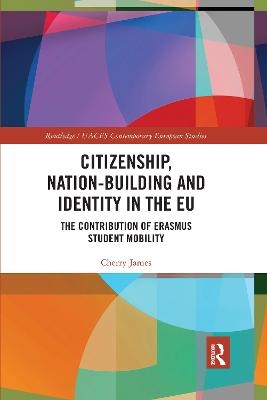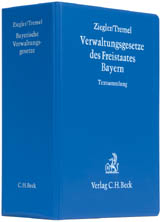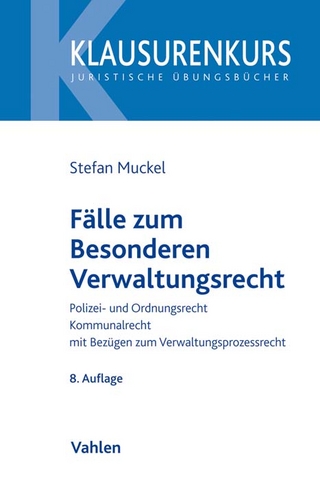
Citizenship, Nation-building and Identity in the EU
The Contribution of Erasmus Student Mobility
Seiten
2020
Routledge (Verlag)
978-0-367-73209-7 (ISBN)
Routledge (Verlag)
978-0-367-73209-7 (ISBN)
- Titel z.Zt. nicht lieferbar
- Versandkostenfrei innerhalb Deutschlands
- Auch auf Rechnung
- Verfügbarkeit in der Filiale vor Ort prüfen
- Artikel merken
With Brexit looming, a major issue facing UK Higher Education is whether the UK will be able to stay in the Erasmus Programme. This book sits at the intersection of three main interrelated themes - EU citizenship, the current state of the university in Europe, and student mobility - as they play out in the context of an EU funded programme established not least to promote European identity, European consciousness and European citizenship.
Exploring through interviews with students from many countries, this book weaves together the themes of citizenship creation as a device for building a nation and a polity, the university as a public space in the era of the marketization of higher education, and communicative interaction as the mechanism by which citizenship is created. Ultimately it asks if the building bricks of national citizenship can be transposed to the transnational scale, and assist in creating the transnational, EU citizenship. It finds, surprisingly, that far from encouraging and facilitating the communicative interaction on which the development of EU citizenship was postulated, central features of the Erasmus Programme inadvertently work against this outcome.
This book will be of key interest to scholars and students of EU law and European and EU studies, Citizenship Studies, sociology, and more broadly to higher education in general.
Exploring through interviews with students from many countries, this book weaves together the themes of citizenship creation as a device for building a nation and a polity, the university as a public space in the era of the marketization of higher education, and communicative interaction as the mechanism by which citizenship is created. Ultimately it asks if the building bricks of national citizenship can be transposed to the transnational scale, and assist in creating the transnational, EU citizenship. It finds, surprisingly, that far from encouraging and facilitating the communicative interaction on which the development of EU citizenship was postulated, central features of the Erasmus Programme inadvertently work against this outcome.
This book will be of key interest to scholars and students of EU law and European and EU studies, Citizenship Studies, sociology, and more broadly to higher education in general.
Cherry James is Senior Lecturer in Law at London South Bank University, UK.
Introduction 1. EU Citizenship: Through a Glass Darkly 2. Universities as Cradles of Citizenship, or, a Special Sort of Public Space 3. The Erasmus Programme in Context 4. The Erasmus Programme and the Language Question 5. "Truly European Citizens?": Students on the Move 6. Conclusions. Epilogue: The Impact of Brexit
| Erscheinungsdatum | 16.01.2021 |
|---|---|
| Reihe/Serie | Routledge/UACES Contemporary European Studies |
| Verlagsort | London |
| Sprache | englisch |
| Maße | 156 x 234 mm |
| Gewicht | 500 g |
| Themenwelt | Recht / Steuern ► EU / Internationales Recht |
| Recht / Steuern ► Öffentliches Recht ► Besonderes Verwaltungsrecht | |
| Sozialwissenschaften ► Pädagogik ► Erwachsenenbildung | |
| Sozialwissenschaften ► Politik / Verwaltung | |
| ISBN-10 | 0-367-73209-2 / 0367732092 |
| ISBN-13 | 978-0-367-73209-7 / 9780367732097 |
| Zustand | Neuware |
| Haben Sie eine Frage zum Produkt? |
Mehr entdecken
aus dem Bereich
aus dem Bereich
Grundwerk ohne Fortsetzung. Rechtsstand: 1. September 2024. …
Buch | Hardcover (2024)
C. H. Beck (Verlag)
79,00 €
Polizei- und Ordnungsrecht, Kommunalrecht, mit Bezügen zum …
Buch | Softcover (2021)
Vahlen, Franz (Verlag)
25,90 €


